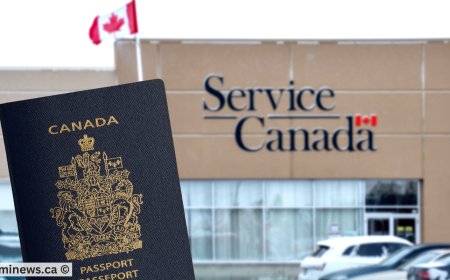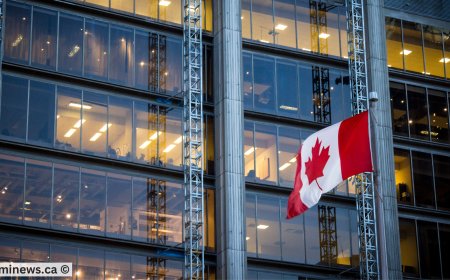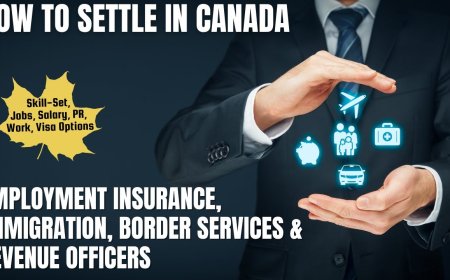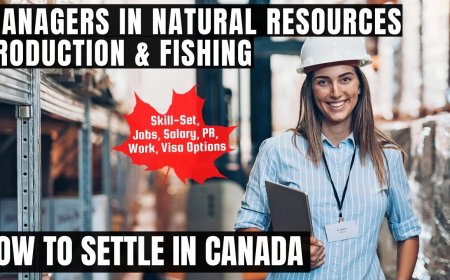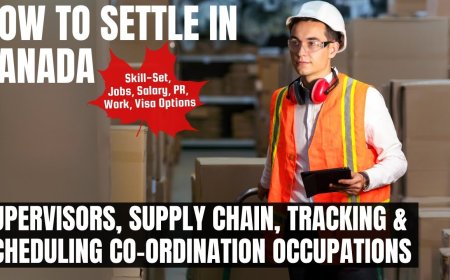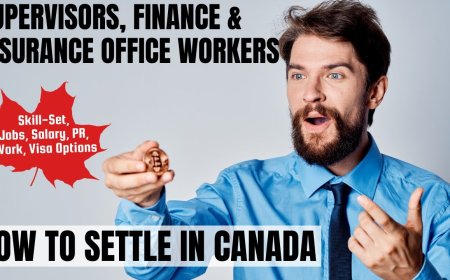Family, marriage and other related counsellors Canada Immigration Overview: Key Insights on Salaries, Employment, and Regional Advantages
Welcome to the pathway to Canada immigration for skilled professionals and trade workers. This guide is specifically tailored for Family, marriage and other related counsellors looking to work and settle in Canada, offering a deep dive into the essential aspects of immigration and employment in this field.
Introduction
Family, marriage, and other related counsellors play a crucial role in helping individuals and families navigate through various challenges and issues. In this article, we will delve into the career and immigration prospects for individuals interested in pursuing a career as a Family, marriage, and other related counsellor in Canada. We will explore the profile description, main job duties, education and license requirements, skills required, median and retirement age, salary details, and possible visa options for aspiring counsellors in this field. Whether you are a Canadian resident looking to further your career or an international candidate looking to immigrate to Canada, this article will provide valuable insights into the opportunities available in this rewarding profession.
What is the Profile Description of a Family, marriage and other related counsellors as per the Canadian National Occupation Classification (NOC) Standards?
Family, marriage, and other related counsellors provide support and guidance to individuals and groups in navigating personal challenges and achieving their goals. They work in various settings such as counselling centres, social service agencies, and healthcare facilities, helping clients identify, understand, and overcome obstacles in order to improve their overall well-being. Some counsellors may also work independently in private practice.
What are the Main Job Duties of a Family, marriage and other related counsellors in Canada?
- Interview clients, assess problems and prepare case histories
- Develop and implement counselling programs to assist clients in setting goals and finding ways to achieve them
- Provide therapy, mediation services, and facilitate group sessions
- Evaluate the effectiveness of counselling programs, monitor clients' progress, and provide follow-up support
- Conduct research, publish papers, and deliver presentations at conferences
What are the Education, Certifications, and Licensing Requirements to Work as Family, marriage and other related counsellors in Canada?
To become a Family, Marriage, and Related Counsellor, individuals must typically hold a master's degree in counselling, mental health, or a related social service discipline. In Quebec, a master's degree in psychoeducation is required for psycho-educators. Additionally, some areas of counselling may require an undergraduate degree or college diploma in a social science. To use titles such as "Registered Marriage and Family Therapist" or "Registered Clinical Counsellor", individuals must be members of a provincial association for marriage and family therapists or clinical counsellors. In Quebec, membership in a professional association is mandatory for counsellors and psychoeducators. These therapists and counsellors must also meet strict criteria, including post-graduate education and supervised clinical work with clients. Overall, education and certification requirements vary depending on the specific area of counselling and location of practice. Membership in a professional association may also be mandatory for certain positions.
What Essential Skills are Required for Family, marriage and other related counsellors to succeed in Canada?
To be successful in the profession of family, marriage, and related counsellors, it is essential to have a variety of key skills. This includes the ability to conduct interviews with clients, prepare detailed case histories, and assess the specific problems they are facing. Developing and implementing counselling and intervention programs to help clients set goals and achieve them is also crucial. Providing therapy, mediation services, and facilitating group sessions are important aspects of this profession. Evaluating the effectiveness of counselling programs and interventions, monitoring clients' progress, and following up on results are essential for success in this field. Additionally, conducting vocational testing, preparing assessment reports, identifying alternative services, and providing referrals are necessary skills. Collaboration with community agencies, delivering presentations, conducting research, and providing expert witness testimony in court proceedings are also important aspects of this profession. Overall, a successful family, marriage, and related counsellor must possess excellent communication, assessment, intervention, and research skills to effectively support their clients.
What is the Median Age and Retirement Age for Family, marriage and other related counsellors in Canada?
The skilled professionals working as Family, marriage and other related counsellors have a median age of 43 years old, indicating that a significant portion of these individuals are still in their prime working years. The average retirement age for these professionals is 64 years old, which means that many of them choose to continue working well into their senior years. This suggests that the field of counseling is one that people are passionate about and find fulfilling enough to continue practicing even after reaching traditional retirement age. It also reflects the importance of their expertise and experience in providing valuable support to individuals and families in need.
How many job openings exist for Other Family, marriage and other related counsellors in Canada, and what's their provincial distribution?
There are a total of 104 job openings for the profile of Family, marriage and other related counsellors in Canada. Among the provinces, Québec has the highest number of job openings with 39 positions available, followed by Saskatchewan with 23 openings, and British Columbia with 15 openings. Ontario has 13 job openings, while Alberta has 7, Manitoba has 4, and New Brunswick has 2 job openings. Québec has the maximum job openings, while New Brunswick has the minimum job openings for this profile. Family, marriage and other related counsellors play a crucial role in assisting individuals and families in resolving conflicts and improving their relationships, making it a rewarding and in-demand profession.
What is the hourly wage or salary of Family, marriage and other related counsellors in different Provinces of Canada?
Family, marriage, and other related counselors in Canada can expect to earn varying wages depending on the province in which they work. In British Columbia, the wages for these professionals range from $18.00 as the low, $28.00 as the median, to $42.73 as the high. Moving eastward, Alberta offers higher wages with a low of $21.32, a median of $36.15, and a high of $53.00. Saskatchewan falls in the middle with wages ranging from $19.50 to $29.70 as the median, and $40.66 as the high. Manitoba has a low of $20.00, a median of $32.00, and a high of $43.00. Ontario follows closely with a low of $20.00, a median of $28.85, and a high of $42.07. Quebec sees wages ranging from $21.03 to $33.00 as the median, and $44.12 as the high. Those in New Brunswick can expect lower wages with a low of $14.80, a median of $21.49, and a high of $38.46. Nova Scotia offers wages from $17.00 to $22.00 as the median, and $38.97 as the high. Prince Edward Island provides salaries ranging from $18.59 to $31.00 as the median, and $45.00 as the high. Newfoundland and Labrador has wages ranging from $16.50 to $27.82 as the median, and $42.00 as the high. Overall, Alberta and Quebec offer the highest wages for family, marriage, and other related counsellors, while New Brunswick and Nova Scotia offer the lowest wages in this profession.
What are the various visa options available for Family, marriage and other related counsellors migrating to Canada?
Family, marriage and other related counsellors looking to migrate to Canada have several visa options to choose from. They can apply under the Express Entry visa category, which is a points-based system that assesses eligibility based on factors such as age, education, work experience, and language proficiency. Additionally, they can also explore Provincial Nominee Programs, which allow provinces and territories to nominate individuals who meet their specific labor market needs. Employer Sponsored Work Visas are another avenue for family, marriage and other related counsellors to consider, where an employer in Canada can sponsor their application for a work permit. There may be other visa options currently open for this profile as well. To know more about these options and discuss your migration plans in detail, book an appointment with our professionals today.
Have Questions or Need Assistance?
If you have any queries or require assistance with your immigration plans, we're here to help. Our experienced immigration consultants are ready to provide personalized guidance tailored to your specific needs.
Don't hesitate to reach out and schedule an appointment today. Whether you're seeking clarification on immigration processes, exploring visa options, or need support with documentation, we're dedicated to assisting you every step of the way.
Book an appointment with our team to discuss your immigration goals and receive expert guidance for your journey to Canada.
What's Your Reaction?
 Like
0
Like
0
 Dislike
0
Dislike
0
 Love
0
Love
0
 Funny
0
Funny
0
 Angry
0
Angry
0
 Sad
0
Sad
0
 Wow
0
Wow
0













